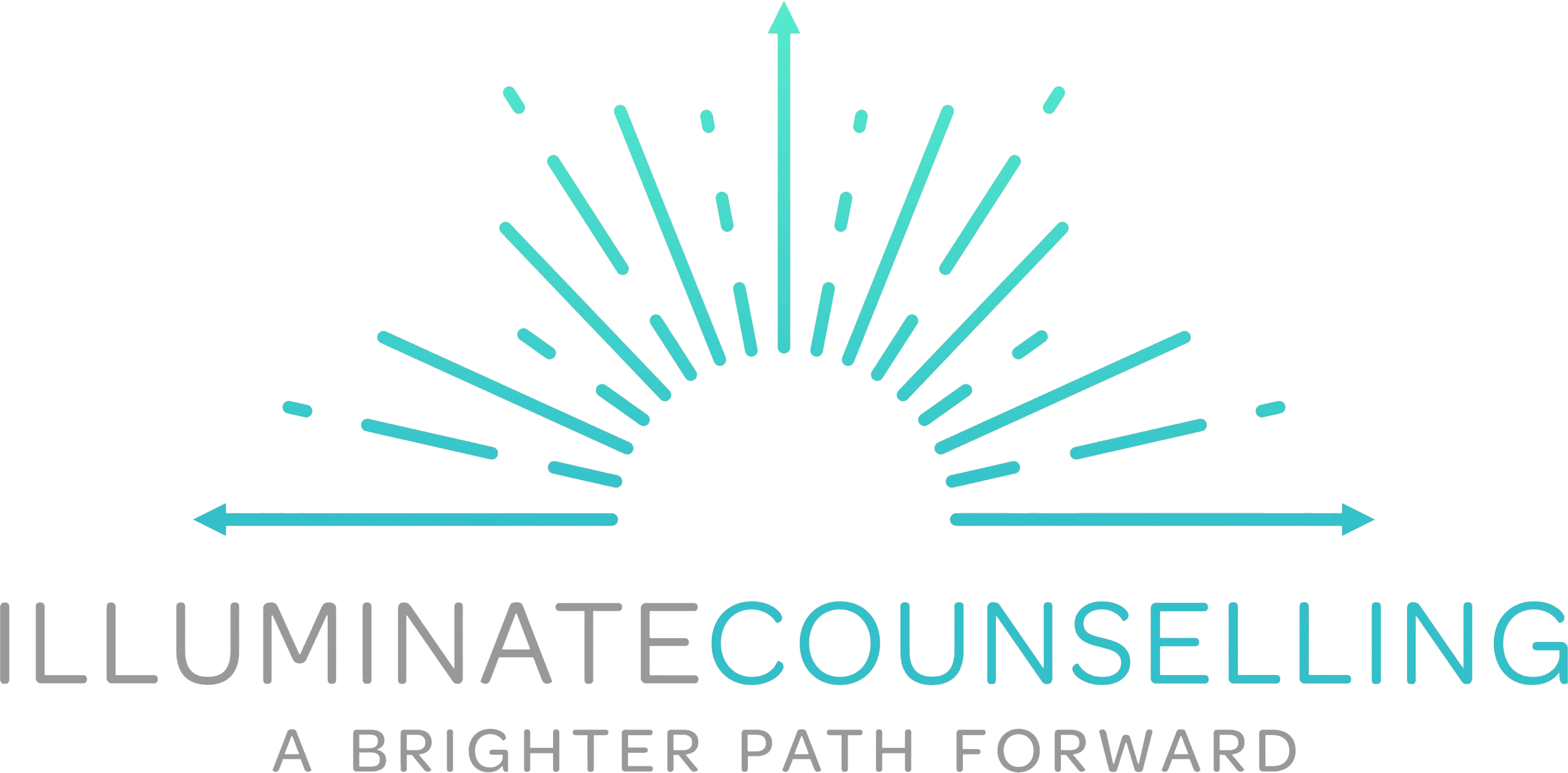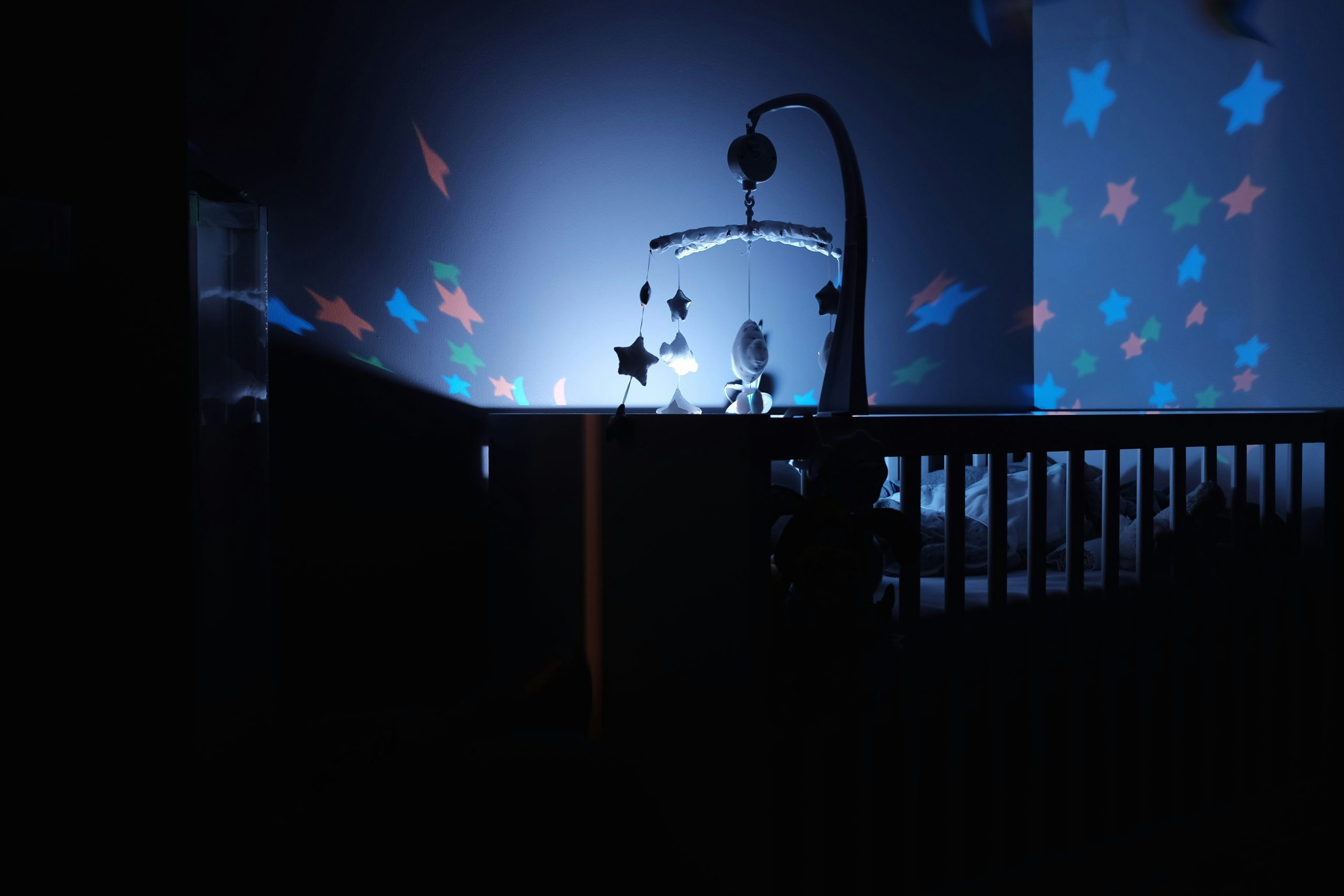1 in 5 Women Experience a Perinatal Mood & Anxiety Disorder
Perinatal OCD is one of many Perinatal Mood and Anxiety Disorders that show up in 20% of women. Even though they are common, you can enhance your overall emotional and mental health as an expectant or new mother by considering the following:
- Inform yourself of the symptoms and important warning signs
- Build a postpartum support network
- Practice healthy lifestyle habits (Good nutrition, regular exercise/movement, adequate sleep and rest, increasing amounts of time to yourself)
- Notice your negative thoughts and learn to replace them with supportive thoughts
- Establish stress management strategies (e.g. yoga, deep-breathing, shortening daily to-do list, setting realistic goals, etc.)
What you should know about Perinatal OCD
Obsessive Compulsive Disorder (OCD) is considered an anxiety condition, which is characterized by the presence of both obsessions and compulsions. Obsessions are reoccurring and persistent and can take the form of thoughts, urges, impulses or images. Compulsions are the repetitive behaviours that a person feels compelled to perform, in response to the obsession.
‘Perinatal’ simply means that the condition appears during pregnancy or 1 year postpartum.
Characteristics of Perinatal OCD
The following is a list of symptoms that together would typically be seen in Perinatal OCD:
- Obsessions or reoccurring intrusive thoughts, often related to the baby
- Attempts to ignore or suppress the thoughts, urges, or images, with some other thought or action
- Compulsions: repetitive acts driven by a desire to for the mother to reduce the anxiety she is experiencing, such as needing to clean constantly, frequent checking, counting or reordering things
- A sense of horror or disgust about the obsessions
- Fear of being left alone with the baby
- Hypervigilance in protecting the infant
It is important to note that women experiencing Perinatal OCD recognize that their thoughts are bizarre or unusual and are very unlikely to ever act on them.
OCD is Rooted in Anxiety
On the surface it can be hard to understand why a person might spend their time completing compulsive rituals, and why it can be so challenging to stop. Underneath the surface, however, OCD sufferers are being driven by anxiety – their brain has associated the compulsion as a ‘fix’ or solution to make the obsession go away. Most individuals who experience OCD will agree that compulsions tend to be a short-term, band-aid solution only, and soon enough the anxiety increases again. So, they become stuck in an escalating loop of anxiety.
According to research by Challacombe (2014), we can distinguish between categories or what the obsessions are fixated on. In order of prevalence, these can be grouped according to the nature of the obsessive thoughts or images, including those of:
- fears of deliberate harm to their baby (41%)
- contamination (29%)
- accidentally injuring their baby (18%)
- ordering or arranging (6%)
- religious based thoughts (3%)
- checking (3%)
Obsessions and Compulsions in New Mothers
We hear from many clients dealing with OCD who describe the experience as tortuous or debilitating. This makes sense; in new mothers especially, the subject matter of obsessions often involve harm coming to either their baby or another loved one (spouse, friend, family, etc.) and this can be highly distressing.
The Toll of Postpartum OCD on New Moms
OCD, when left untreated, can take a significant toll on mothers, for a few reasons. First of all, the thoughts themselves can cause a whole slew of emotions, such as guilt, shame, confusion, self-doubt, disgust etc. A woman experiencing intrusive thoughts will often have feelings about the thoughts, such as:
“I’m a terrible mother for even thinking these things…”
“How can I look my husband in the eyes when I’m picturing hurting our baby?”
“Maybe someone else would be better suited to take care of my baby…”
“I can’t seem to get control over myself, I feel like I’m going crazy.”
Compulsions can take up a lot of time, making other tasks, such as self-care, accomplishing other things in the day, for example getting outside or visiting with friends, very challenging. Then a shame spiral can begin where a woman beats herself up (and/or is hearing feedback from her partner who may not understand what’s going on with her) that she is not holding up her responsibilities. She may feel like these inner drives are limiting her functioning and causing further distress during an already challenges postpartum period. So, educating a partner on the nature of the condition is an important part of recovery from OCD.
Perinatal OCD Risk Factors
One reason to draw particular attention to Perinatal OCD is due to its associated risk factors and high likelihood of comorbidity (co-existing with another mental health condition). For example, did you know that:
➖️ Perinatal women are up to 2x GREATER RISK for OCD onset than the general population (Oguz, 2011).
➖️ 65% of those with perinatal OCD have depression as well (Miller et al., 2013)
➖️ And as many as HALF of primary care physicians may misidentify OCD (Glazier, Swing, & McGinn, 2015).
This is why we need to better understand this condition so that those who are suffering get the adequate treatment they need. OCD is also highly treatable!
The Postpartum Depression & Anxiety Workbook
Take control of your postpartum mental health with our popular Postpartum Depression & Anxiety Workbook. This is an easy-to-read guide, with therapist-designed exercises and techniques to help you manage intrusive thoughts, work through anxiety, and build self-care strategies. This is the roadmap to feeling more like yourself!
Ready to Get Started with Counselling?
You don’t need to go through this alone. We have a team of counsellors that can help you work through anxiety, OCD, or postpartum adjustment. Our in-house therapist Sara specializes in perinatal anxiety and OCD. If you’d like to work with her, you can learn more on her bio page here.
Crisis Resources for Perinatal Mental Health in Canada
Canadian Crisis Hotline (phone or text): 9-8-8
Pacific Postpartum Support Society: 1.855.255.7999
Postpartum Support International (helpline): 1.800.944.4773
Postpartum Support International (website): www.postpartum.net




